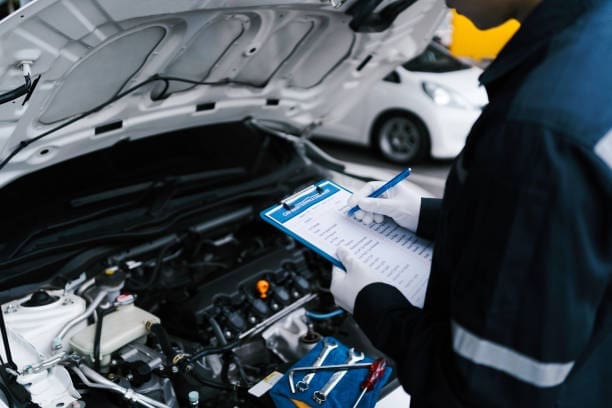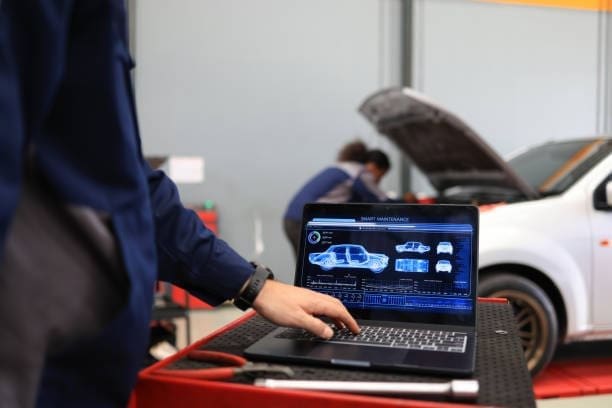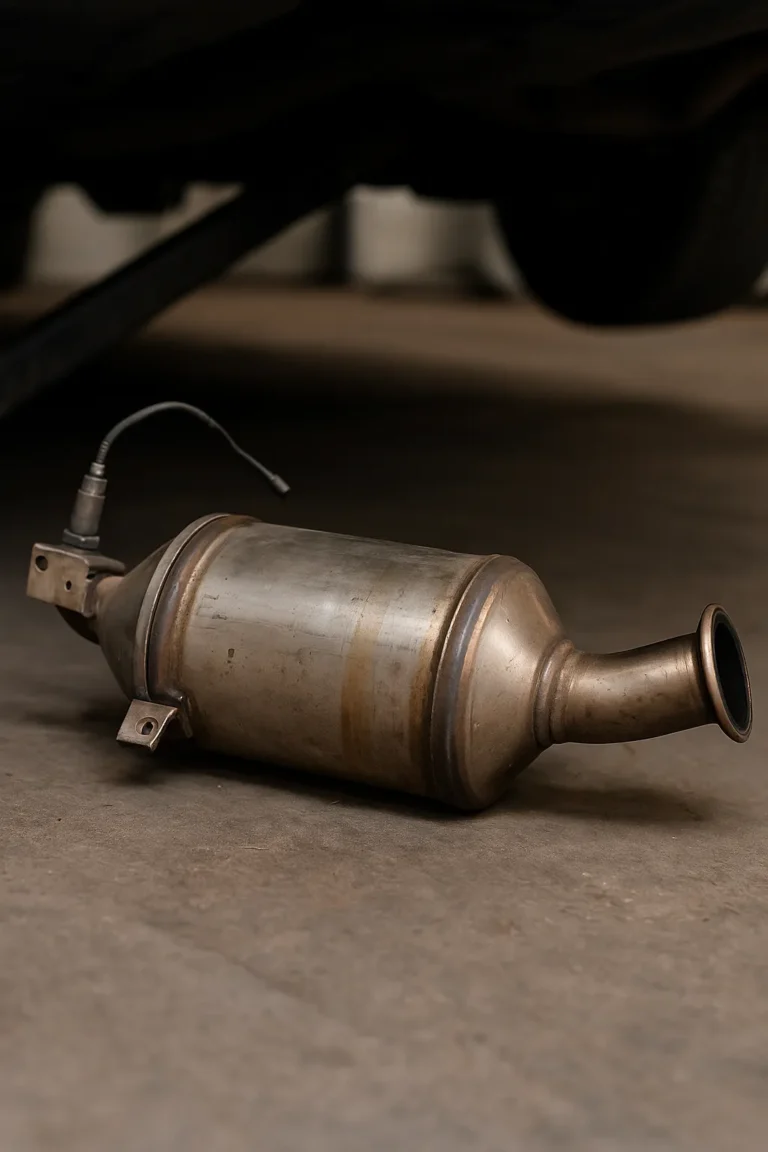Introduction
Table of Contents
ToggleOwning a car is a significant responsibility that goes beyond just driving from point A to point B. Whether you’re a first-time car owner or a seasoned driver, understanding the essential aspects of car ownership is crucial for ensuring safety, longevity, and cost-effectiveness. In this comprehensive guide, we’ll outline five essential things that every car owner should be aware of, from routine maintenance tasks to understanding vehicle safety features and more.

Regular Maintenance Importance of Maintenance:
Regular maintenance is essential for keeping your car running smoothly and preventing costly repairs down the road. From oil changes and tire rotations to brake inspections and fluid top-ups, staying on top of routine maintenance tasks is crucial for maintaining your car’s performance and longevity. Scheduled Service Intervals: Familiarize yourself with your car’s recommended service intervals outlined in the owner’s manual. This includes scheduled maintenance tasks such as oil changes, filter replacements, and inspections, which should be performed at specified mileage or time intervals. DIY vs. Professional Maintenance: While some maintenance tasks can be performed at home by DIY enthusiasts, others require specialized tools and expertise. Knowing when to tackle a job yourself and when to seek professional assistance can save you time, money, and frustration in the long run.
Understanding Vehicle Safety Features Active vs. Passive Safety Features:
Modern cars are equipped with a range of safety features designed to protect occupants in the event of a collision. These features can be categorized as active (designed to prevent accidents) or passive (designed to mitigate the impact of a collision). Common Safety Features: Some common safety features found in modern vehicles include anti-lock braking systems (ABS), electronic stability control (ESC), traction control, airbags, and collision avoidance systems. Understanding how these features work and when they are activated can help you drive more safely and confidently. Regular Inspections: In addition to understanding your car’s safety features, it’s essential to regularly inspect and maintain them to ensure they function properly when needed. This includes checking tire pressure, brake fluid levels, and the condition of brake pads and rotors.
Vehicle Insurance and Legal Requirements Importance of Insurance:
Vehicle insurance is a legal requirement in most countries and is essential for protecting you and your vehicle in the event of an accident or other unforeseen circumstances. Make sure you have adequate insurance coverage that meets your needs and complies with local regulations. Understanding Coverage Options: Familiarize yourself with the different types of insurance coverage available, including liability, collision, comprehensive, and uninsured/underinsured motorist coverage. Evaluate your needs and budget to determine the right level of coverage for your situation. Legal Requirements: In addition to having insurance, there are other legal requirements that car owners must adhere to, such as vehicle registration, emissions testing, and roadworthiness inspections. Failure to comply with these requirements can result in fines, penalties, or even the suspension of your driving privileges.
Proper Driving Techniques Defensive Driving:
Practicing defensive driving techniques is essential for staying safe on the road and avoiding accidents. This includes maintaining a safe following distance, staying alert and attentive while driving, and anticipating potential hazards. Adverse Weather Conditions: Adjust your driving behavior accordingly when faced with adverse weather conditions such as rain, snow, or fog. Reduce your speed, increase following distance, and use caution when braking or turning to maintain control of your vehicle. Avoiding Distractions: Minimize distractions while driving, such as using mobile phones, eating, or adjusting the radio. Keep your focus on the road ahead and be prepared to react quickly to changing traffic conditions.

Financial Considerations Budgeting for Maintenance and Repairs:
Owning a car comes with ongoing expenses, including maintenance, repairs, fuel, insurance, and registration fees. Budgeting for these expenses and setting aside funds for routine maintenance tasks can help you avoid financial strain down the road.
Resale Value: Take steps to maintain your car’s resale value by keeping up with regular maintenance, addressing any mechanical issues promptly, and keeping the interior and exterior clean and well-maintained. Investing in professional detailing services periodically can also help preserve your car’s appearance and value.
Long-Term Planning: Consider the long-term costs of car ownership, such as depreciation, insurance premiums, and fuel consumption, when purchasing a vehicle. Researching fuel-efficient models with low maintenance costs and high resale value can help you make a more informed decision.
Conclusion
In conclusion, being a responsible car owner involves more than just driving your vehicle. By understanding the essential aspects of car ownership outlined in this guide, from regular maintenance and vehicle safety features to legal requirements, proper driving techniques, and financial considerations, you can ensure a safe, enjoyable, and cost-effective ownership experience. Take the time to educate yourself about your car and its maintenance needs, and don’t hesitate to seek professional assistance when needed. With proper care and attention, your car can provide years of reliable service and enjoyment on the road.



